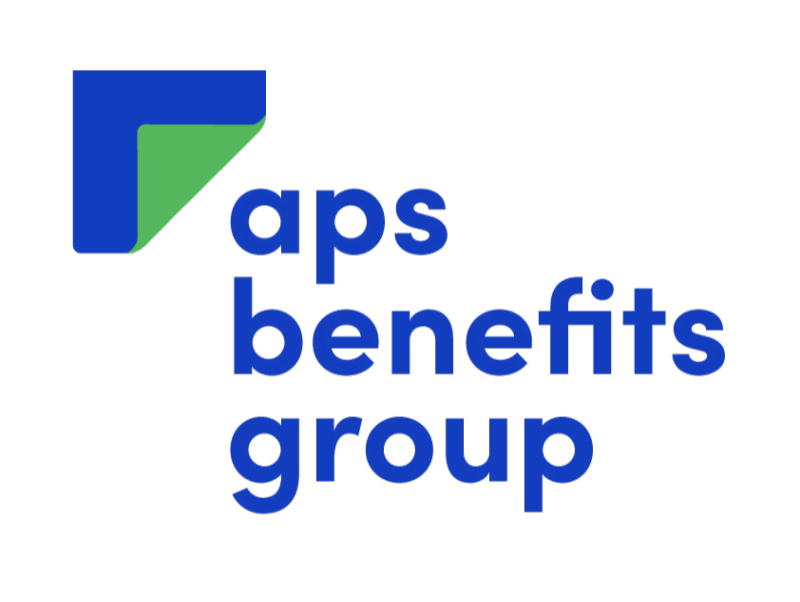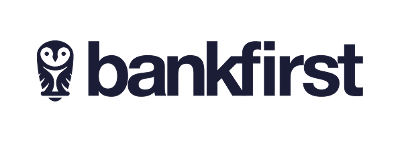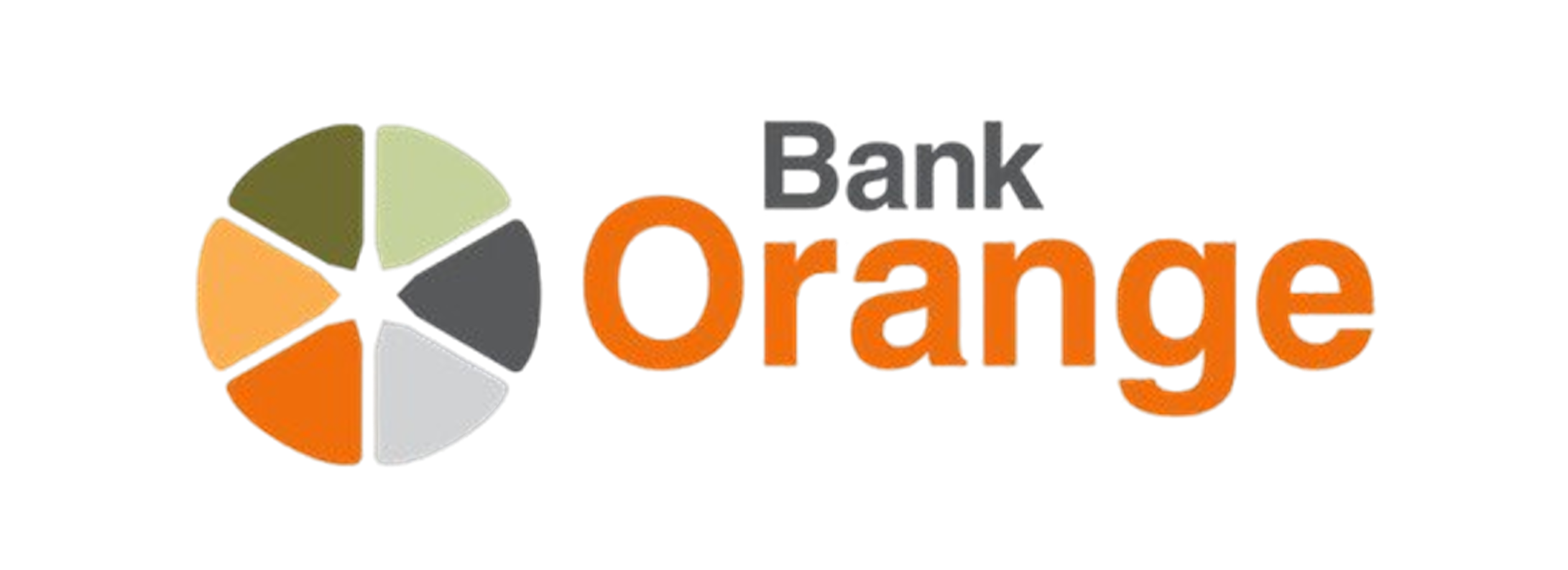Compare Debt Consolidation Loans - Australia
Savrr.com is a trading name of Fair Comparison Pty Ltd. Comparison is powered by Fair Comparison Pty Ltd who don’t compare all providers in the market, or all products of those compared. Fair Comparison does not provide credit assistance or advice and may receive a fee if you click on, apply, or are approved, for a product.
Learn More
- Default
- Comparison Rate
- Advertised Rate
Savrr.com is a trading name of Fair Comparison Pty Ltd. Fair Comparison compares loan products from a range of banks and other financial or credit product providers and does not compare all products in the market or all product features. To filter the results, you will need to enter some basic information which will generate a comparison of products that fall within those parameters. The default ordering of products is based on the Comparison Rate. Fair Comparison do not take into account your objectives, financial situation or needs, or provide advice, assistance, or recommendations.

Liberty - Secured Personal Loan
Secured | Fixed
Advertised Rate
Loan Term
Monthly Repayment
Total
Establishment Fee
Loan Service Fee
Early Repayment Fee

Horizon Bank - Personal Loan Secured by Deposit Security Agreement of Savings
Secured | Variable
Advertised Rate
Loan Term
Monthly Repayment
Total
Establishment Fee
Loan Service Fee
Early Repayment Fee

Harmoney - Personal loan
Unsecured | Fixed
Advertised Rate
Loan Term
Monthly Repayment
Total
Establishment Fee
Loan Service Fee
Early Repayment Fee

Harmoney - Debt Consolidation
Unsecured | Fixed
Advertised Rate
Loan Term
Monthly Repayment
Total
Establishment Fee
Loan Service Fee
Early Repayment Fee

Liberty - Unsecured Personal Loan
Unsecured | Fixed
Advertised Rate
Loan Term
Monthly Repayment
Total
Establishment Fee
Loan Service Fee
Early Repayment Fee

MoneyMe - Personal Loan
Unsecured | Variable
Advertised Rate
Loan Term
Monthly Repayment
Total
Establishment Fee
Loan Service Fee
Early Repayment Fee

Newcastle Permanent Building Society - Secured Loan
Secured | Fixed
Advertised Rate
Loan Term
Monthly Repayment
Total
Establishment Fee
Loan Service Fee

OurMoneyMarket - Debt Consolidation - $5,000-$75,000
Unsecured | Fixed
Advertised Rate
Loan Term
Monthly Repayment
Total
Establishment Fee
Loan Service Fee
Early Repayment Fee

WISR - Personal loan
Unsecured | Fixed
Advertised Rate
Loan Term
Monthly Repayment
Total
Establishment Fee
Loan Service Fee
Early Repayment Fee

Horizon Bank - Personal Loan Secured by Motor Vehicle
Secured | Variable
Advertised Rate
Loan Term
Monthly Repayment
Total
Establishment Fee
Loan Service Fee
Early Repayment Fee
Debt Consolidation Personal Loan Guide
If you have multiple credit cards, lines of credit, or loans, consolidating your debt under a personal loan may be the right choice for you. As the name suggests, debt consolidation is the process of taking all your open debts, including loans, lines of credit, and credit cards and putting them all under one personal loan. Before moving forward with debt consolidation, it’s important to understand its benefits and the best practices surrounding taking out a personal loan.
Debt Consolidation Benefits
One important benefit of debt consolidation is increased ease of managing repayments, as you’re now only making one repayment on one day of the month instead of multiple repayments throughout the month. Not only does this give you peace of mind, but it may help you avoid late fees from repayments you forgot to make.
In addition, consolidating your debt under a personal loan could help you save on interest. For example, the average credit card interest rate sits around 17%, though it’s not uncommon to have interest rates as high as 24%, especially if you have a low credit score. Consolidating your credit card debts under a personal loan could reduce your interest rate to as low as 9%, thereby saving you hundreds or thousands of dollars a year on interest and making it easier to become debt free.

Personal Loan Basics
Most banks and lenders will allow you to borrow up to $50,000 under a personal loan, and there are many different types of personal loans for you to consider.
Secured or Unsecured Personal Loan
Secured personal loans require you to submit a form of collateral, like your car, as a security in case you default on your repayments. Because of that added level of security, they often come with lower interest rates than unsecured loans, where you don’t have to submit collateral.
Fixed or variable interest rate
Fixed-rate personal loans have one, unchanging interest rate from the beginning of your loan. This allows you to budget for future repayments more easily. Variable-rate personal loans have interest rates that change with market rises and falls, so there’s less consistency in repayments. That being said, you often have more flexibility in your repayment structure, and you may be able to take advantage of a lower interest rate if the market drops.
Applying for a Personal Loan
Before applying for a personal loan, it’s important to compare offers from different banks and lenders. When doing this, make sure to look at more than just the interest rate. While one lender might have a lower interest rate than another, they may also charge fees that actually make them the more expensive option. To avoid doing all this math on your own, use the comparison rate when deciding between personal loan offers. This takes into account the interest rate and all additional fees and charges so all you have to consider is one, simple number.
The application process for a personal loan is usually straightforward, and you may even be able to apply online. A large determining factor in the success of your application is your credit score, which is a measure of how risky a borrower you are. Your credit score includes information from both your personal and financial history, including how much debt you have and whether you’ve made past repayments on time. If you have a low credit score, don’t worry! You may still be able to consolidate your debt under a secured personal loan.

If you are rejected for a personal loan, take the time to understand why that is before applying again. Sometimes it can be a simple error in the way you have completed your loan application. The danger of applying for multiple loans in a short space of time is that you can cause serious damage to your credit score. So make sure to get some professional assistance if you are having trouble getting loan approval.
Debt Consolidation Process
Once you’re approved for your personal loan, the debt consolidation process can happen one of two ways. If your bank or lender knows you’re applying for a personal loan to consolidate your debt, they may directly pay off your debts on your behalf using your personal loan. If not, they’ll deposit the funds into your account, and it will be up to you to manually pay off each debt that you have open elsewhere.
Debt Management
If you’re stressed about managing your various repayments or want to save money on interest, consolidating your debt under a personal loan could be a good solution for you. Make sure to speak to your bank or lender to see what personal loan options they have available, and don’t be afraid to tell them you’re looking for a personal loan to consolidate your debt. They may have additional resources available to help you in that process.
If you'd like to learn more about managing your financial wellbeing and your mental health then please read our helpful guide here.
Compare Debt Consolidation Loans
There’s no way we can tell you exactly how to pick your ultimate debt consolidation personal loan. Instead, we’ve given you jargon-free facts to help you understand how debt consolidation loans actually work. And then we’ve laid out simple, easy-to-follow questions to help compare a range of options, so you have tools to help choose a debt consolidation personal loan that’s suitable for your needs.
Debt consolidation loans FAQs
What is a debt consolidation loan?
A debt consolidation loan combines multiple debts into one, making it easier to manage. You borrow a single amount to pay off various debts, leaving you with just one monthly payment.
How can I qualify for a debt consolidation loan?
Qualification depends on factors like your credit score, income stability, and debt load. Lenders prefer borrowers with good credit and manageable debt-to-income ratios.
Are there downsides to debt consolidation loans?
Yes, there are potential downsides. If you don't manage your finances well, you could end up with more debt. Also, some loans may come with fees or higher interest rates. Evaluate your options carefully before proceeding.
How does a debt consolidation loan work?
A debt consolidation loan combines multiple debts into a single loan. This simplifies payments and can lower your interest rate. You use the new loan to pay off existing debts, then make one monthly payment on the new loan.
What are the benefits of a debt consolidation loan?
Debt consolidation can streamline payments, potentially reduce interest costs, and help you regain control over your finances. It simplifies tracking payments and can lead to paying off debts faster.





